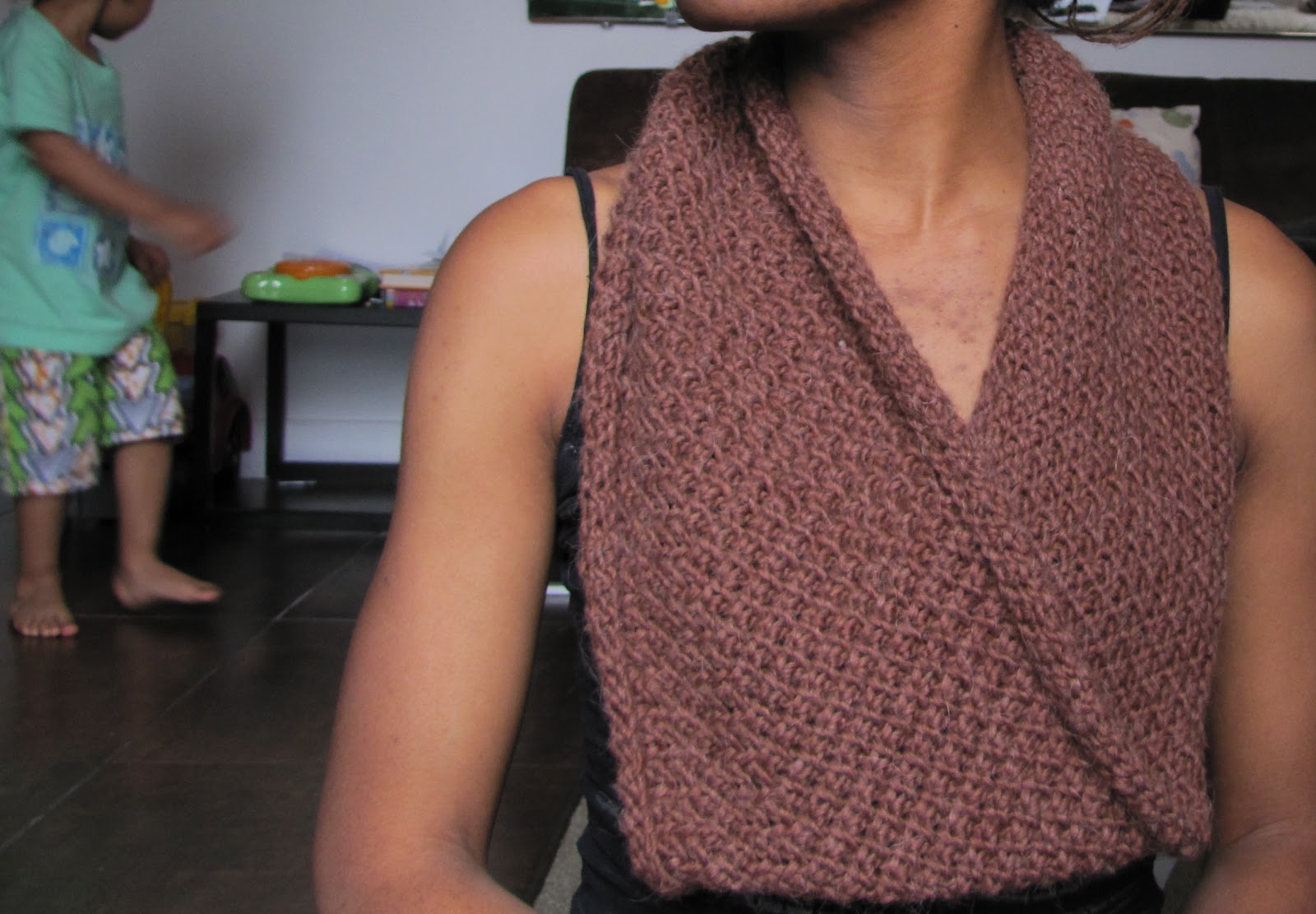How to Stitch a Rosette Stitch

Rosette chain, which is often referred to as Rosette stitch, is used to create designs on the borders of embroidery projects. Trends are constantly changing in the fashion industry. In order to meet customer demands, it is important that an organisation delivers what they want. Not to mention, the days of having a plain border are long gone and that is why customers are more interested in having decorative stitched borders over their products.
Things Required:
– Embroidery Hoop
– Fabric
– Thread
– Bin
Instructions
-
1
Gather the items
In order to perform decorative stitching, it is imperative that you have all the items you need at arm’s length otherwise it will create complications. The most important things you need in this are fabric, embroidery hoop and your preferred thread. Not to mention that you should try to purchase some extra thread just to be on the safe side. Make sure your embroidery hoop is of reasonable quality and in good condition. You should also keep the bin near your work place so that you do not have to keep getting up to throw something out. -
2
Draw the design on fabric
After you have gathered all the things, it is important that you should draw the design on the fabric. This will allow you to easily perform the decorative stitch. Remember that no matter how expert you are in stitching, it is strongly advised that you should place the design on the fabric to get things done smoothly. Embedding the design on fabric will not only assist you in performing the work efficiently but it will also help you reach some perfection in your work. It is important that you should keep the fabric tight as it will be easier for you to work with. Now, you should place the fabric in the embroidery hoop. -
3
Leave two inches at back
Remember that you should start the work from the left side and leave at least two inches margin from the back side. Before starting your work, you must cover the needle with thread like a twisted chain and start making small stitches. You should repeat the process and do not keep the thread taut but balance it. You should keep making chains this way and work your way from left to right. After you have completed the chain, you must slip the needle beneath the thread and tie the knot.



